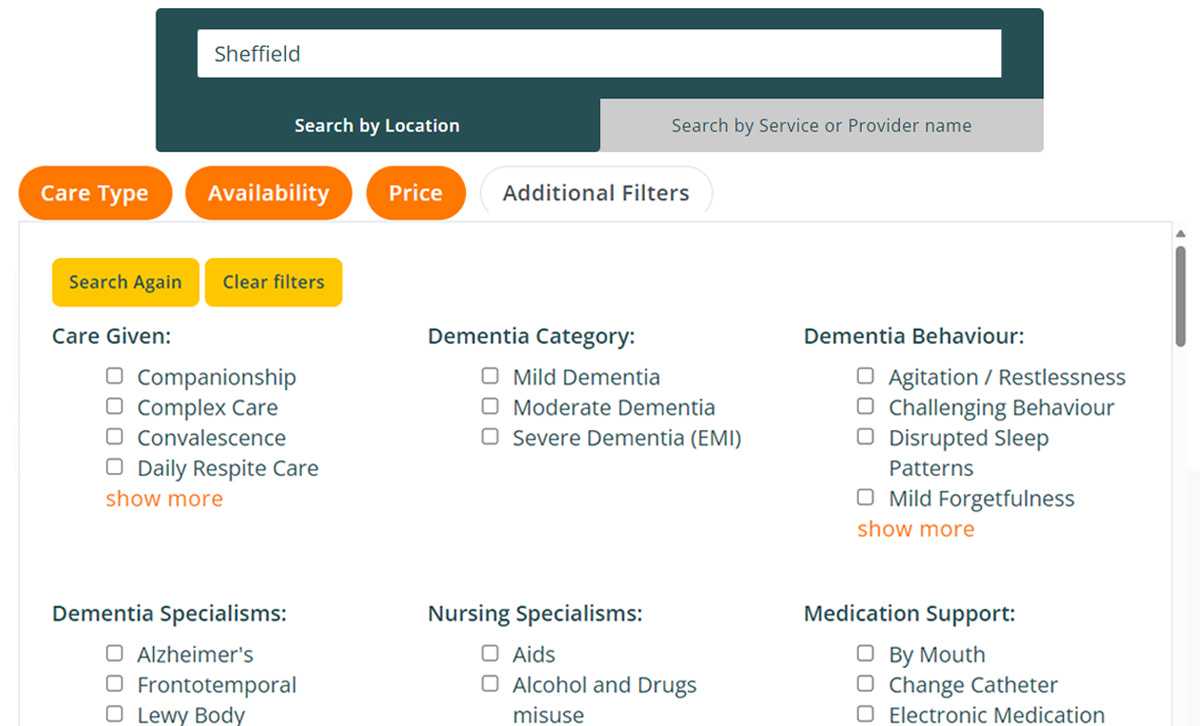Posted by Hannah Rowe
Person-Centred Care - Demystifying Care Terminology
Continuing our series taking the mystery out of social care terminology, in this blog we look at the philosophy of ‘Person-Centred Care’.
If you or a loved one are using health and social care services you may hear the term ‘Person-Centred Care’ being used by the care provider, both in their marketing material and when you visit. What does it mean, and how does it affect the care which you or your loved one will receive?
What do we mean by ‘Person-Centred Care’?
Person-centred care aims to put the person receiving care at the heart of any decisions made by health and social care professionals, regardless of the care setting they are in. This means not only thinking about their physical needs but also their preferences. In a person-centred care package, people should be able to make informed choices about the type of care and support they receive, in conjunction with their health professionals and families (if they wish), to get the best outcomes for them.
Providing person-centred care is a Regulation with the Care Quality Commission, and forms part of the Health and Social Care Act 2004. It is described by the Care Quality Commission as:
“Providers must work in partnership with the person, make any reasonable adjustments and provide support to help them understand and make informed decisions about their care and treatment options, including the extent to which they may wish to manage these options themselves. Providers must make sure that they take into account people’s capacity and ability to consent, and that either they, or a person lawfully acting on their behalf, must be involved in the planning, management and review of their care and treatment.”
The Four Principles of Person-Centred Care
The Health Foundation has identified four key principles to help care providers meet the requirements of person-centred care. These are:
1. Treat people with dignity, compassion, and respect
This means that care providers and staff should respect the feelings, thoughts, opinions and needs of residents. Often, people going into a care home or receiving care and support at home for the first time can feel that they are losing independence and control over their lives. Person-centred care aims to overcome this by making the person receiving support feel empowered, by ensuring that their needs and preferences are considered in any decisions about them and their care.
2. Provide co-ordinated care, support and treatment
If multiple services (such as a care provider, GP, or social worker) are involved in a person’s care, it is important that these services are co-ordinated to provide the best possible outcomes. If services are not co-ordinated, there is a risk that the person’s needs and wishes will not be fully understood or met. All health professionals must therefore ensure that they communicate with each other and keep accurate and up-to-date records.
3. Offer personalised care, support and treatment
This means that care providers should not use a ‘one size fits all’ approach to care and support. As we have mentioned, everyone is an individual and will have their own needs and preferences which should be respected if they are to lead a fulfilling life.
4. Enable people to recognise and develop their strengths and abilities for an independent and fulfilling life
By involving residents in decisions related to their care, they can be supported to remain as independent as possible. This requires a great deal of communication, both with the resident and their families, and may need to be reviewed over time as the resident’s needs change.

How does a person-centred care approach affect the care I receive?
In addition to ensuring that the resident is involved in decisions regarding their care, and that their needs and preferences are considered, you may see acts of person-centred care without even realising it! Examples could include altering the time a resident is helped to go to bed (if their preference is for an earlier or later time); providing assistance tools to promote independence like a shower seat; and offering several choices at mealtimes.
Good examples of person-centred care can also be seen in activities programmes, where some residents choose to do a different activity to the one on the programme. In some care facilities (if staffing levels and health permit) residents are enabled to have a one-to-one outing escorted by a staff member, perhaps to a place of worship, or on a shopping trip, to meet their own preferences.
Person-centred care benefits everyone: from the staff who gain an understanding of the resident and their needs, and therefore build a relationship with them; to the care provider who can see and demonstrate to families and inspectors that residents are safe, happy, and able to make their own decisions, from activities to meals and medication. The person who benefits the most, of course, is the resident, whose wellbeing is at the heart of person-centred care.
How do I find a good care home near me?
The Autumna directory allows you to search for care homes anywhere in the UK.
Just go to the Autumna homepage, select an area you would like to search – for example Sheffield. You can then use our filters to select the care type and price. You could even specify other care requirements or personal needs in the 'Additional Filters', then click 'Search Again'.

To make your search for the care you need even easier, why not fill in this short questionnaire and Autumna will do the rest for you.
And don’t forget, you can always talk to one of our friendly and helpful team on the Autumna advice line: 01892 335 330. It's open every day of the week (8:30am - 5:30pm Mon-Fri, 10am - 5pm Sat, 10am - 4pm Sun).
Receive a Free Care Home Shortlist!
Let our expert team of advisers get your search off to a great start.
Tell us a little about your needs and we'll send you a bespoke shortlist of care homes! Click the button below to begin, it takes just a few minutes.
Other articles to read
Autumna Blog

Older Persons Care Advice
Ultimate guide to care homes in Norwich
April 23rd, 2025
Discover the best care homes in Norwich—explore lifestyle-focused options, top-rated services, and how to choose the right home with confidence.

Older Persons Care Advice
How to find an adult day care centre near you
April 22nd, 2025
Looking for an adult day care centre near you? Discover how to find safe, joyful care for your loved one—and support for yourself—on Autumna.

Older Persons Care Advice
How to shortlist care homes in Exeter
April 17th, 2025
Need help shortlisting care homes in Exeter? Learn how to filter options with confidence, compare homes, and find the best fit with Autumna’s free tools.






